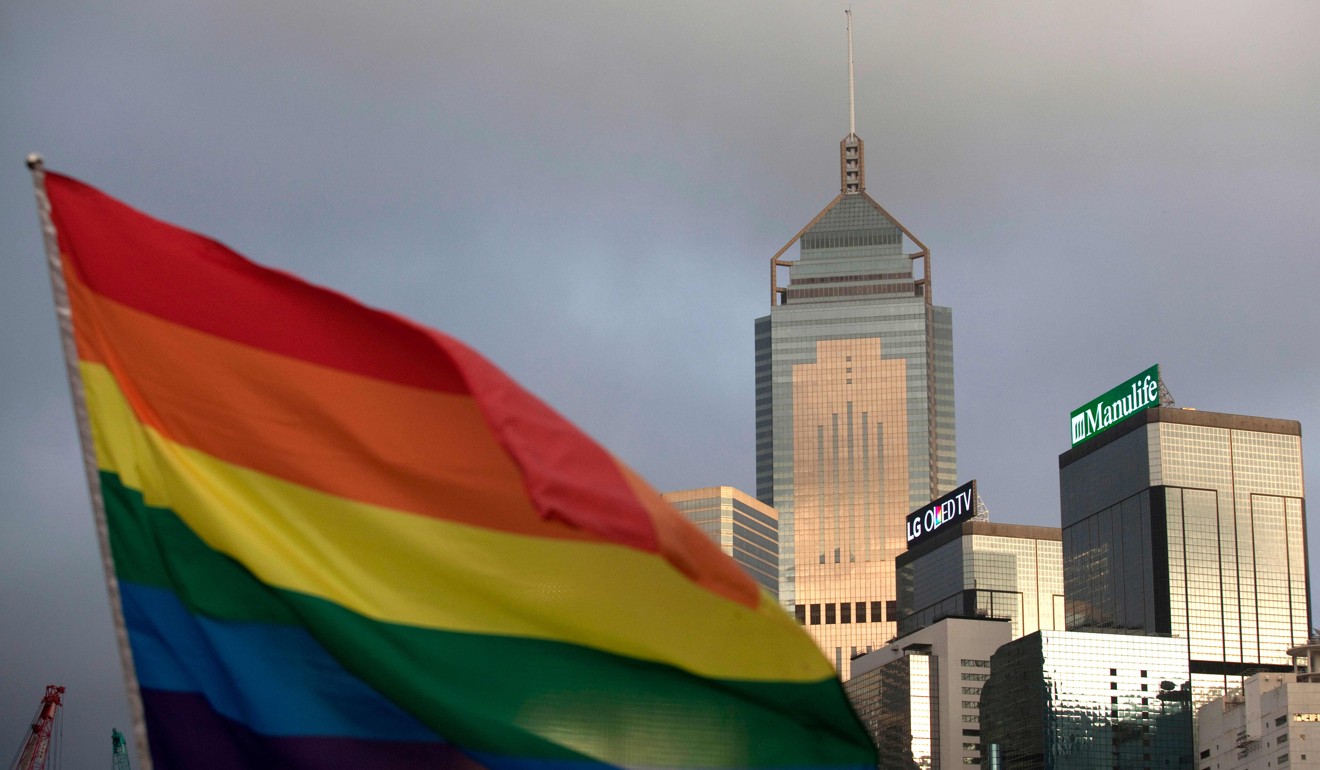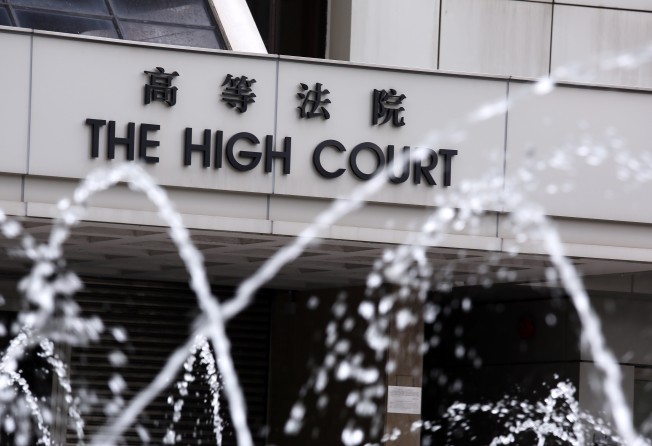
Judge ruling a blow to transgender rights in Hong Kong as inmates told they must do time according to their biology not what they identify as
But Mr Justice Thomas Au says prisoners should have right to be searched by man or woman, and says denying access to hormone treatment while in jail is ‘unreasonable’

Transgender inmates who have not undergone reassignment surgery do not have the right to serve their time in prisons for the gender they have chosen, a Hong Kong court said on Friday.
In a far-reaching decision, Mr Justice Thomas Au Hing-cheung ruled against Luigi Recasa Navarro, who brought a judicial challenge in 2015 after being jailed for a year in 2014.
The Filipino woman, who was 19 at the time and still had male genitalia, was forced to serve her sentence in all-male facilities, was subjected to strip-searches and cavity searches by male guards, and was denied access to hormones she had been taking since she was 12 years old for almost the entire length of her incarceration.

In an experience she said left her deeply traumatised, Navarro was placed in solitary confinement at Pik Uk Correctional Institution, in Clear Water Bay, at the start of her sentence, before being transferred to the male wing of the Siu Lam Psychiatric Centre, as authorities struggled to accommodate her within the system.
While Au denied Navarro’s claim that she had been discriminated against by being placed in a male prison, he partially supported her challenges against the cavity searches, which Navarro said should have been carried out by a woman, and said the decision to deny her access to hormone treatment was “unreasonable”.
Navarro said she was glad the court had ruled partially in her favour.
“I had hoped that the court would do something to stop transgender people from being maltreated in detention, and it seems that this judgment does not go far enough,” she said.
In denying Navarro’s claim that she had been discriminated against, Au said it was not unreasonable for the commissioner of correctional services to think that Luigi, who biologically is still a man, may post “at least a risk” to other female prisoners if she was in a woman’s facilities.
He said Luigi had to be kept separately when in a male facility because, equally, the commissioner may think there would be a “substantial risk” she might be harassed by other male prisoners.
However, the judge pushed back a strictly observed rule followed by police and jail officers – that they would conduct strip and cavity searches on transgender prisoners according to their biological sex, irrespective of their adopted identities.
Now the rule should only be treated as a “general” one, with discretions to be given to transgender inmates, he ruled.
Most trans-women complain of sexual harassment by other men in custody
He also urged police, unlike the Correctional Services Department which already has a guideline, to set up an objective guideline to decide how to conduct searches on transgender suspect in the future.
A spokesman from Daly, Ho & Associates, the law firm which represented Navarro, said current policies deprived transgender persons in detention of their dignity and respect.
“Most trans-women complain of sexual harassment by other men in custody, or worse still, being placed in solitary confinement as a way to separate them from the rest of the prison population,” he said.
Navarro also argued that her treatment had violated the city’s Bill of Rights, which protects, among other things, her rights to security and dignity. But Au said by segregating her from other male prisoners, that was what Hong Kong Correctional Services had sought to do.
In responding to the ruling a police spokesman said officers relied on the gender on a person’s identity card when it came to conducting searches, while a representative for the prison service said the agency respected the court decision, and would study it carefully, while consulting the Department of Justice for advice.
Kelley Loper, director of the human rights programme at the University of Hong Kong, said while the judgment confirms that the authorities must respect the fundamental human rights when conducting body searches of transgender detainees, it allowed them “a great deal of discretion”.
It also deviated from the international norm which no longer required transgender people to undergo reassignment surgery to be recognised as the gender they have chosen, she said.